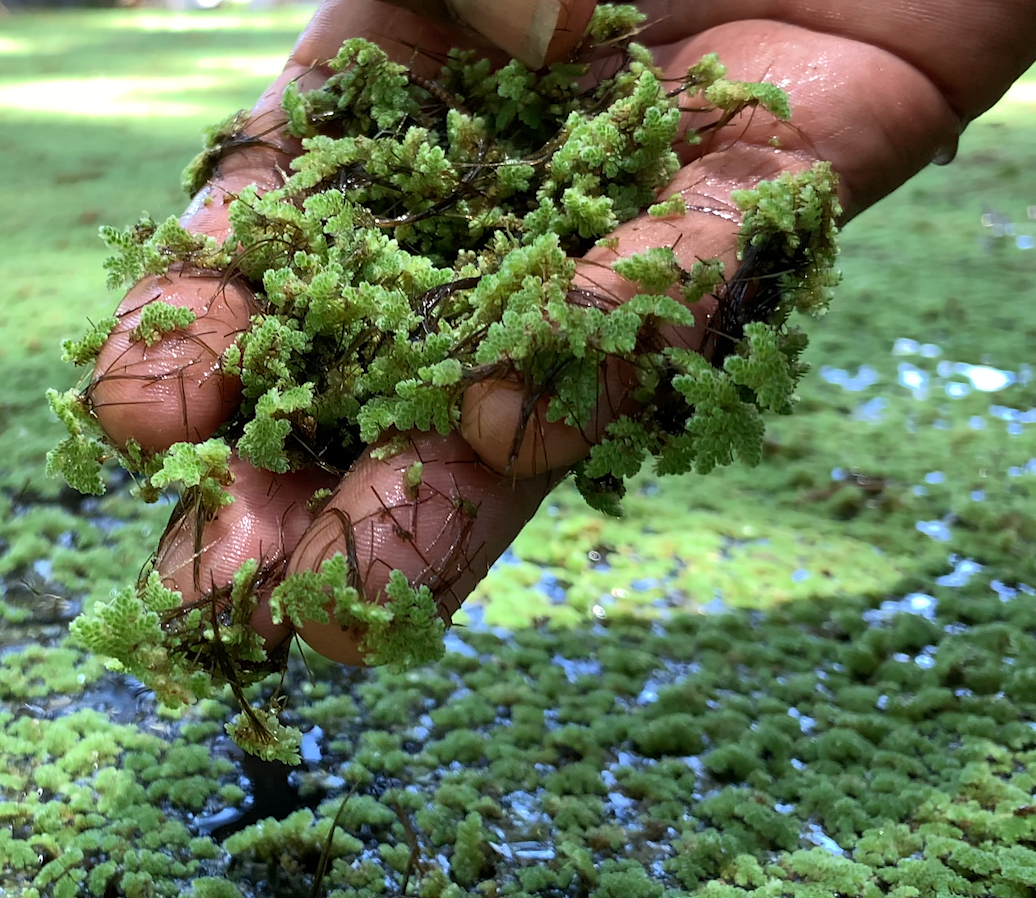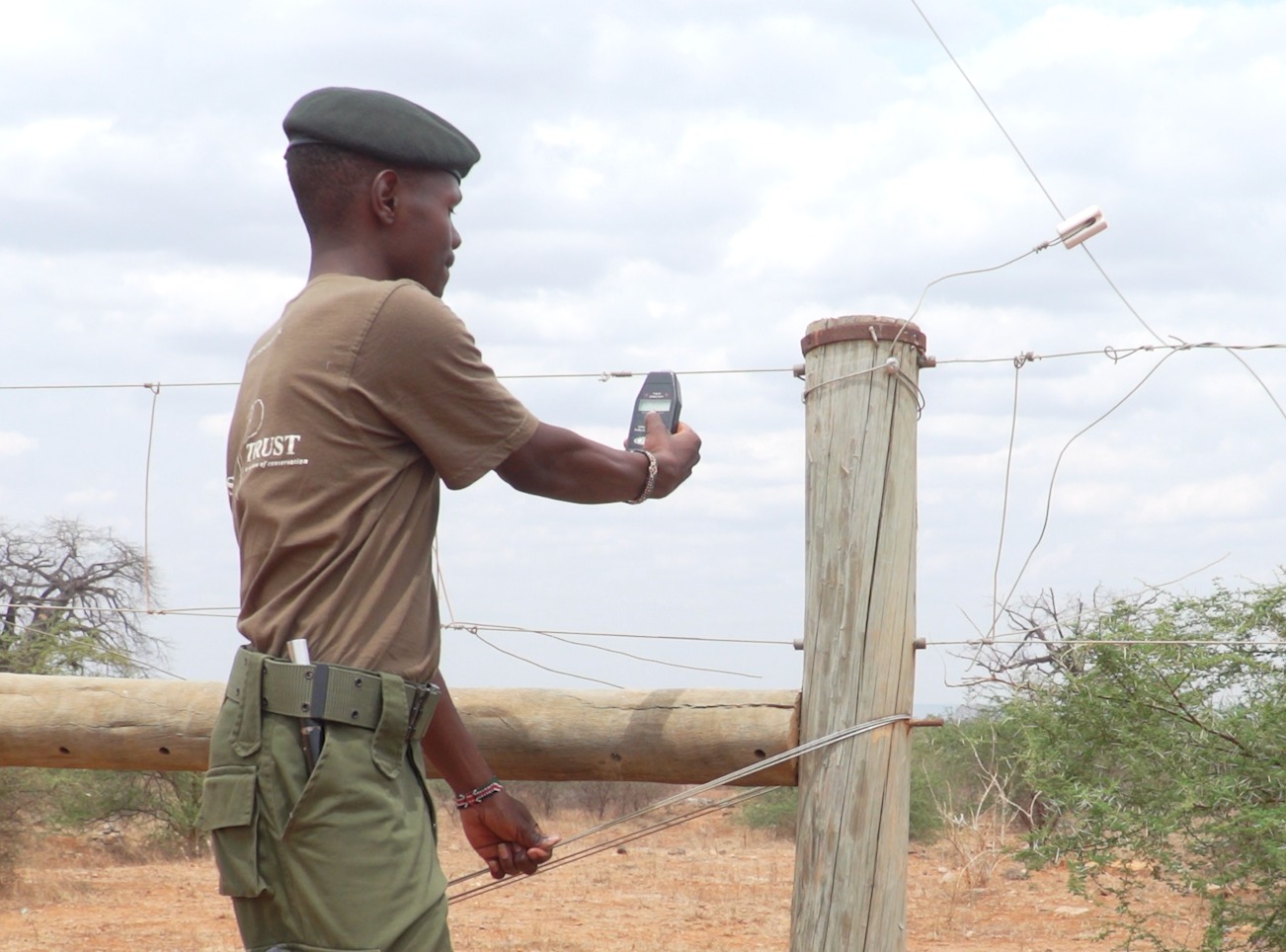Plans to aid Africa cocoa farmers facing multiple hurdles

Global chocolate makers are buying more cocoa sourced through schemes aimed at stamping out poverty. For many chocolate producers the rush is on to make their supply chains more ethical ahead of self-imposed 2020 deadlines.
The volume of cocoa sold through schemes such as Fairtrade, Rainforest Alliance and UTZ Certified has climbed sharply in the past few years as companies work towards their targets. The sales from the top three certifiers rose from 564,769 tonnes in 2013 to 953,458 tonnes in 2016,equivalent to about 20 percent of global supply.
However contrary reports from the data by UTZ, the biggest scheme which markets more than half of the world’s independently certified cocoa, shows premiums farmers receive for beans sold under its label have fallen by a third in the last five years.
“We do feel current conditions are detrimental to the longer-term sustainability of the value chain,” Tim McCoy of the World Cocoa Foundation, which represents more than 100 companies, said about low incomes for farmers.
Farmers in West Africa grow two-thirds of the world’s cocoa but most live below the World Bank’s poverty line of $2 a day.
But rivals UTZ and Rainforest Alliance say the way to pull cocoa farmers out of poverty is not through artificial security nets such as fixed premiums, but by improving agricultural practices so farmers can grow and sell more cocoa.
UTZ is just one of the schemes available to chocolate companies looking to show consumers their supply chains are not benefiting from exploitation and creating poverty.
This month, Hershey, which has annual sales of more than $7.5 billion, pledged to spend half a billion dollars by 2030 – with a focus on West Africa – to increase productivity, raise household incomes and eliminate child labor and deforestation.
Hershey said its sustainability interventions have already helped farmers boost productivity by 20 percent and the company plans to extend its efforts by using smartphones to send growers video and text messages with tips on agricultural practices.
“I think there are many different approaches to get to the same outcome, which is improved livelihoods,” said Susanna Zhu, Hershey’s chief procurement officer.
The trouble for cocoa farmers is the premiums they receive for beans sold under the biggest and most popular of these ethical sustainability schemes are falling.






